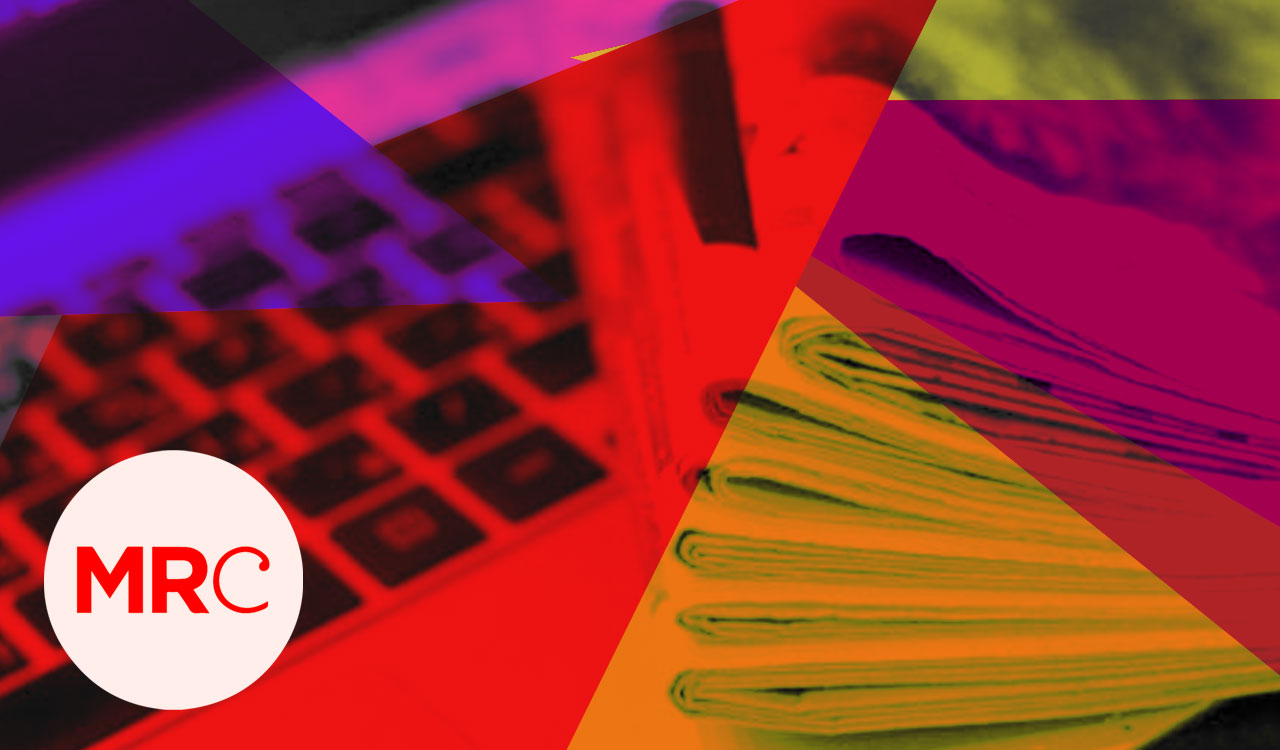“Phone hacking has to be looked at in the context of a very commercial, very competitive press, in a very difficult financial situation. It was much easier than going hanging around outside their houses or trying to find contacts… it was a sort of short circuit that the press had found, which allowed them to run endless gossip stories to compete directly with what was happening on the internet.”
She criticises the “extraordinary smoke screen of fury” that has been thrown up by defenders of the Press Complaints Commission, and tries to set the record straight:“Everybody is committed to a free press. What they are actually arguing for is different forms of regulation…
“Media Reform is looking for an independent body which would still have editors but also ordinary journalists on it. And Media Reform would like to see, contained within it, a tribunal which allows cheap access to members of the public to get redress.”
She also discusses the power of editors and the damaging effect it would have if we started licensing individual journalists.“We know from our own work – and I know from my own research – that very often it is the editors that are insisting the journalists do research and write stories that are in breach of the code. Under these sorts of regulations, the editors and the proprietors would get off scott free, and journalists who misbehaved would lose their livelihood.”
Laurence Dodds



